What’s the difference between this…
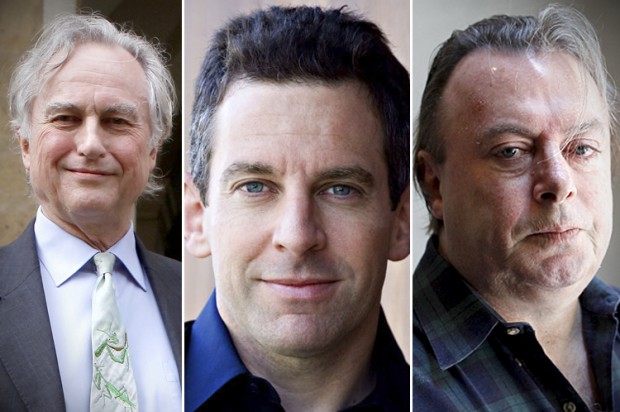
…and this?
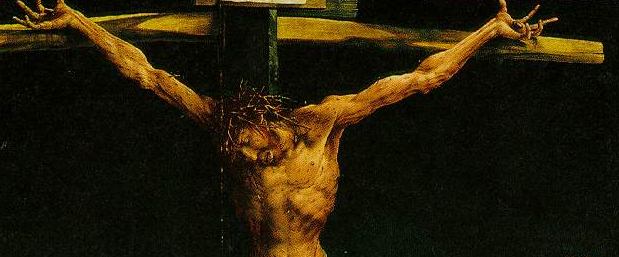
And what do both of them have to do with this?
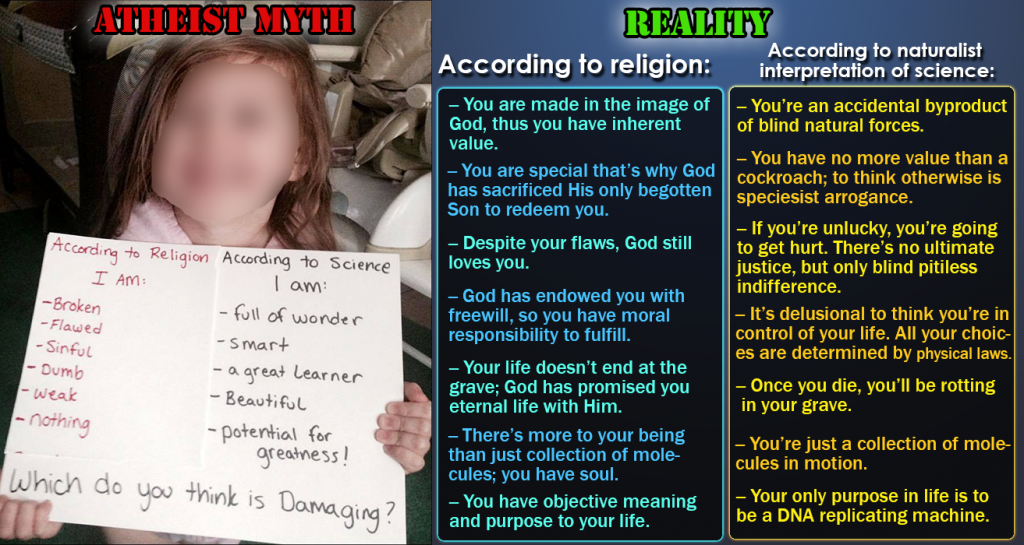
Cosmos: A Spacetime Odyssey has inspired much conversation about science and religion. I’ve had a fun time demonstrating how and why most of it is shallow.
The latest episode begins with a vignette about how scientific knowledge is a panacea for our existential fears. But in reality science (see: last image above) has contributed to our fears with its picture of human worth(-lessness).
Not that I have a problem with that, since I think a little pessimism is not a bad thing at all.
I’ve been reading Eagleton’s Reason, Faith, and Revolution as I wait for the release of his Culture and the Death of God. The latter promises to be a riveting read from what I saw in an excerpt in Commonweal entitled, “An Unbelieving Age.”
On the other hand, the older book provides me with a bridge from my discussions of science to my discussions of the Catholic imagination.
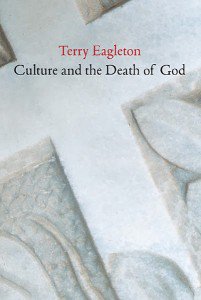
In Reason, Faith, and Revolution Eagleton demonstrates why the Christian imagination radically goes beyond loving the lovable by putting what he calls “the scum of the earth” at the center of its cult:
For Christian teaching, God’s love and forgiveness are ruthlessly unforgiving powers which break violently into our protective, self-rationalizing little sphere, smashing our sentimental illusions and turning our world brutally upside down. In Jesus, the law is revealed to be the law of love and mercy, and God not some Blakean Nobodaddy but a helpless, vulnerable animal. It is the flayed and bloody scapegoat of Calvary that is now the true signifier of the Law.
Because of time constraints I conveniently copy and pasted the above passage from a Douthat Lenten post from a few years back instead of dutifully typing it out of the book I’m reading. The curious thing is how author of Bad Religion tellingly omitted the following passage in his post:
…Which is to say that those who are faithful to God’s law of justice and compassion will be done away with by the state. If you don’t love, you’re dead, and if you do, they’ll kill you [Eagleton borrows this phrase from his teacher, Herbert McCabe, OP]…
Douthat then continues excerpting Eagleton’s book with this passage from the same paragraph:
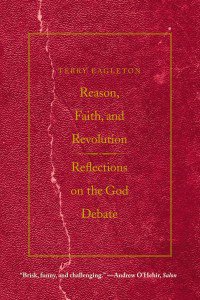
Here, then, is your pie in the sky or opium of the people, your soft-eyed consolation and pale-cheeked piety. Here is the fantasy and escapism that the hard-headed secularist pragmatist finds so distasteful. Freud saw religion as the mitigation of the harshness of the human condition; but it would surely be at least as plausible to claim that what we call reality is a mitigation of the Gospel’s ruthless demands, which include such agreeable acts of escapism as being ready to lay down your life for a total stranger. Imitating Jesus means imitating his death as well as his life, since the two are not finally distinguishable. The death is the consummation of the life, the place where the ultimate meaning of Jesus’s self-giving is revealed.
I suspect Douthat’s omission has something to do with his arguments in Bad Religion. What he advocates there is a form of religion that’s culturally visible and relevant (like the mainline and Catholicism in the 1950’s). And because of this it is a religion that’s afraid of exposing itself to martyrdom for scum of the earth. My guess is that, unlike what Douthat would have you believe, the 1950’s were not a Golden Age, but only the prelude to the partial collapse of the 60’s and 70’s.
Strangely enough, Eagleton, as a Catholic agnostic, does a better job of accounting for what might keep Christianity relevant and dangerous. That thing is the ruthless demand for martyrdom in the name of the scum of the earth.
Now that’s something neither philosophy nor science can do. And when science and philosophy advocate for the scum, they’re only doing it, as Nietzsche would argue, because the Christian imagination still operates within them.
So perhaps the dichotomies between science and religion in the last illustration at the top aren’t as strong as one might initially believe?
For more insightful atheist/agnostic/skeptic writing on religion like Eagleton’s see this Ethika Politika TOP10 list.











